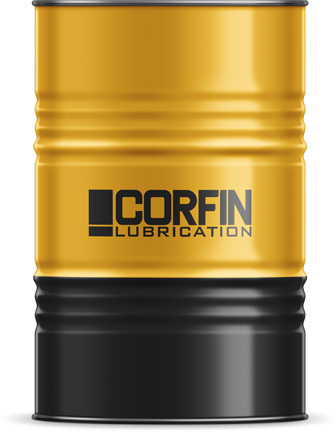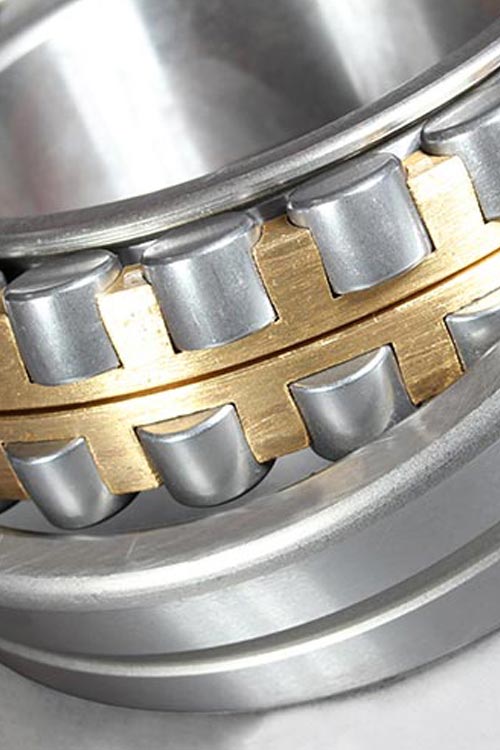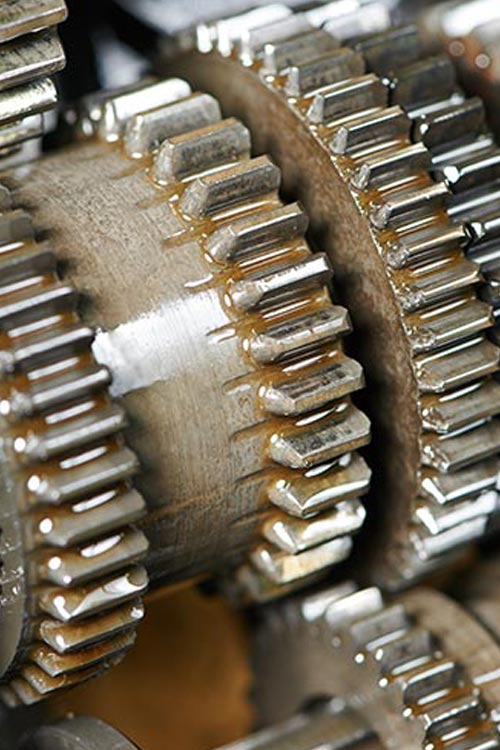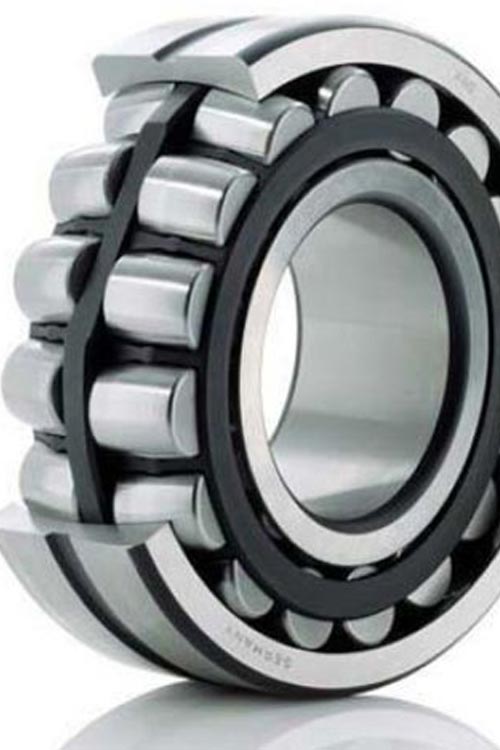SKU 310140
Category Greases
Aluminum Complex Grease
PLEXON GA 461
Aluminum Complex Grease Advantages
Plexon ga 416, which has H2 approval, is preferred in most aqueous applications due to its gel consistency. It is ideal for small plastic bearings and is used in bearings that come into contact with water due to its water resistance. It contributes to production at all points where there is no risk of food contact in all companies that support food safety.
Used in equipment that requires high-performance lubricants, synthetic products play an important role in preventing contamination and maintaining brand integrity.
The Corfin Lubrication brand, which is among the best in the world, has become an extension of a professional plant’s own maintenance department and will provide training and technical support, will be an ideal choice for aluminum complex grease selection in this sense.
WHAT IS ALUMINIUM COMPLEX GREASE?
In terms of performance, aluminum complex grease performs as well as lithium complex grease in many respects, and may exceed it in some key areas.
Lubricating greases consist of base oil, thickener and additives. Typical proportions are 70 to 90 percent base oil, 3 to 30 percent thickener and up to 10 percent additives. These proportions may vary depending on the specific application for which the grease is designed.
The thickener is formed in the base oil by a chemical reaction. The by-products are then removed and more oil and additives are added. The grease mixture is then homogenized. The more thickener that is added, the harder the finished product will be. These thickeners are sometimes referred to as soaps.
Aluminum complex grease thickeners can be simple metal soaps, complex metal soaps or non-soap thickeners. The difference between simple and complex metal soaps is chemical and varies depending on whether long or short chain fatty acids are used in the grease formulation.

NSF REGISTRATION NUMBER 151602
It can operate in a wide temperature range of -20 / 125 °C.
The compressive strength is extremely high.
Aluminum Complex Grease Features
- Perfectly compatible with plastics and elastomers.
- A food grade white grease.
- It has excellent anti-rust properties.
- It can be safely used in all bearings and bearing housings in contact with salt water.
- Outperforms competitors of the same value.

Aluminum Complex Grease Usage Areas
Which Industries
Should Prefer?


You can contact us for any questions you may have
YOU MAY
ALSO
INTEREST
PRODUCTS
Aluminum Complex Grease Tech Data
| ANALİZLER | STANDART | BİRİM | SONUÇ |
|---|---|---|---|
| Color | Transparent | ||
| Appearance | Homogeneous | ||
| Thickener | Aluminum Complex | ||
| Base Oil | Mineral White Oil | ||
| Base Oil Viscosity (cst) at 40 °C | ASTM D445 | cst | 460 |
| Temperature Range | °C | -20 / 125 | |
| NLGI Class | 2 | ||
| Penetration | ASTM D217 | mm/10 | 265 - 295 |
| Dropping Point | ASTM D2265 | °C | > 245 |
| Seperation from Oil (% weight)30 hours / 100 °C | ASTM D6184 | %wt | % 4,60 |
| Seperation from Oil (% weight) 7 days / 40 °C | IP 121 | %wt | 0,50 |
| Water Spray (% weight) 38 °C, 5 min, Max. | ASTM D4049 | %wt | %35 |
| Rust Test | ASTM D1743 | Pass |
Aluminum Complex Grease Frequently Asked Questions
Contact Form

MADE IN
TÜRKİYE
FOR ALL ORDERS
FREE SHIPMENT
ON-SITE PROBLEM
DETECTION
TECHNICAL
CONSULTING
WHY CORFİN NSF APPROVED COMPLEX GREASE?
Choosing the right H2-aluminum complex grease is very important. It is crucial to choose a lubricant supplier with a complete product range that also understands the customer’s business and maintenance obstacles.
Using the right food-grade aluminum complex grease ensures that food processing companies can provide safe consumables while maintaining food brand value. While a mineral-based or synthetic lubricant can be used, the specific applications of a plant must be considered before making an appropriate decision, including gear type, speed, drives and productivity levels.
Other attributes to consider include on-time delivery of products and services, accurate response to inquiries, and the ability to create customized solutions. Corfin Lubrication has the expertise in aluminum complex greases to support other value-added services such as plant surveys, equipment validation, grade determination, product consolidation and oil analysis.
The information contained on this page is based on our current experience and is intended to provide information on appropriate use or application based on technical experience. It does not constitute a warranty or guarantee for the product. It is recommended that you contact us for your specific applications and for more comprehensive information. Akoni Kimya reserves the right to change all of the information on this page without notice.
SKU 310140
Category Greases
Aluminum Complex Grease
PLEXON GA 461

THICKENER
Aluminum Complex
BASE OIL
White Oil
NLGI
2
18 kg, 180 kg
1-3 Weeks
-
MADE IN
TÜRKİYE
-
FOR ALL ORDERS
FREE SHIPMENT
-
ON-SITE PROBLEM
DETECTION
-
TECHNICAL
CONSULTING
Aluminum Complex Grease Advantages
Plexon ga 416, which has H2 approval, is preferred in most aqueous applications due to its gel consistency. It is ideal for small plastic bearings and is used in bearings that come into contact with water due to its water resistance. It contributes to production at all points where there is no risk of food contact in all companies that support food safety.
Used in equipment that requires high-performance lubricants, synthetic products play an important role in preventing contamination and maintaining brand integrity.
The Corfin Lubrication brand, which is among the best in the world, has become an extension of a professional plant’s own maintenance department and will provide training and technical support, will be an ideal choice for aluminum complex grease selection in this sense.
WHAT IS ALUMINIUM COMPLEX GREASE?
In terms of performance, aluminum complex grease performs as well as lithium complex grease in many respects, and may exceed it in some key areas.
Lubricating greases consist of base oil, thickener and additives. Typical proportions are 70 to 90 percent base oil, 3 to 30 percent thickener and up to 10 percent additives. These proportions may vary depending on the specific application for which the grease is designed.
The thickener is formed in the base oil by a chemical reaction. The by-products are then removed and more oil and additives are added. The grease mixture is then homogenized. The more thickener that is added, the harder the finished product will be. These thickeners are sometimes referred to as soaps.
Aluminum complex grease thickeners can be simple metal soaps, complex metal soaps or non-soap thickeners. The difference between simple and complex metal soaps is chemical and varies depending on whether long or short chain fatty acids are used in the grease formulation.

NSF REGISTRATION NUMBER 151602
It can operate in a wide temperature range of -20 / 125 °C.
The compressive strength is extremely high.
Aluminum Complex Grease Features
- Perfectly compatible with plastics and elastomers.
- A food grade white grease.
- It has excellent anti-rust properties.
- It can be safely used in all bearings and bearing housings in contact with salt water.
- Outperforms competitors of the same value.

Aluminum Complex Grease Usage Areas
Which Industries
Should Prefer?

You can contact us for any questions you may have
IN THESE PRODUCTS
YOU MAY BE INTERESTED
Aluminum Complex Grease Tech Data
| ANALİZLER | STANDART | BİRİM | SONUÇ |
|---|---|---|---|
| Color | Transparent | ||
| Appearance | Homogeneous | ||
| Thickener | Aluminum Complex | ||
| Base Oil | Mineral White Oil | ||
| Base Oil Viscosity (cst) at 40 °C | ASTM D445 | cst | 460 |
| Temperature Range | °C | -20 / 125 | |
| NLGI Class | 2 | ||
| Penetration | ASTM D217 | mm/10 | 265 - 295 |
| Dropping Point | ASTM D2265 | °C | > 245 |
| Seperation from Oil (% weight)30 hours / 100 °C | ASTM D6184 | %wt | % 4,60 |
| Seperation from Oil (% weight) 7 days / 40 °C | IP 121 | %wt | 0,50 |
| Water Spray (% weight) 38 °C, 5 min, Max. | ASTM D4049 | %wt | %35 |
| Rust Test | ASTM D1743 | Pass |
Aluminum Complex Grease Frequently Asked Questions
Contact Form
WHY CORFİN NSF APPROVED COMPLEX GREASE?
Choosing the right H2-aluminum complex grease is very important. It is crucial to choose a lubricant supplier with a complete product range that also understands the customer’s business and maintenance obstacles.
Using the right food-grade aluminum complex grease ensures that food processing companies can provide safe consumables while maintaining food brand value. While a mineral-based or synthetic lubricant can be used, the specific applications of a plant must be considered before making an appropriate decision, including gear type, speed, drives and productivity levels.
Other attributes to consider include on-time delivery of products and services, accurate response to inquiries, and the ability to create customized solutions. Corfin Lubrication has the expertise in aluminum complex greases to support other value-added services such as plant surveys, equipment validation, grade determination, product consolidation and oil analysis.
The information contained on this page is based on our current experience and is intended to provide information on appropriate use or application based on technical experience. It does not constitute a warranty or guarantee for the product. It is recommended that you contact us for your specific applications and for more comprehensive information. Akoni Kimya reserves the right to change all of the information on this page without notice.







